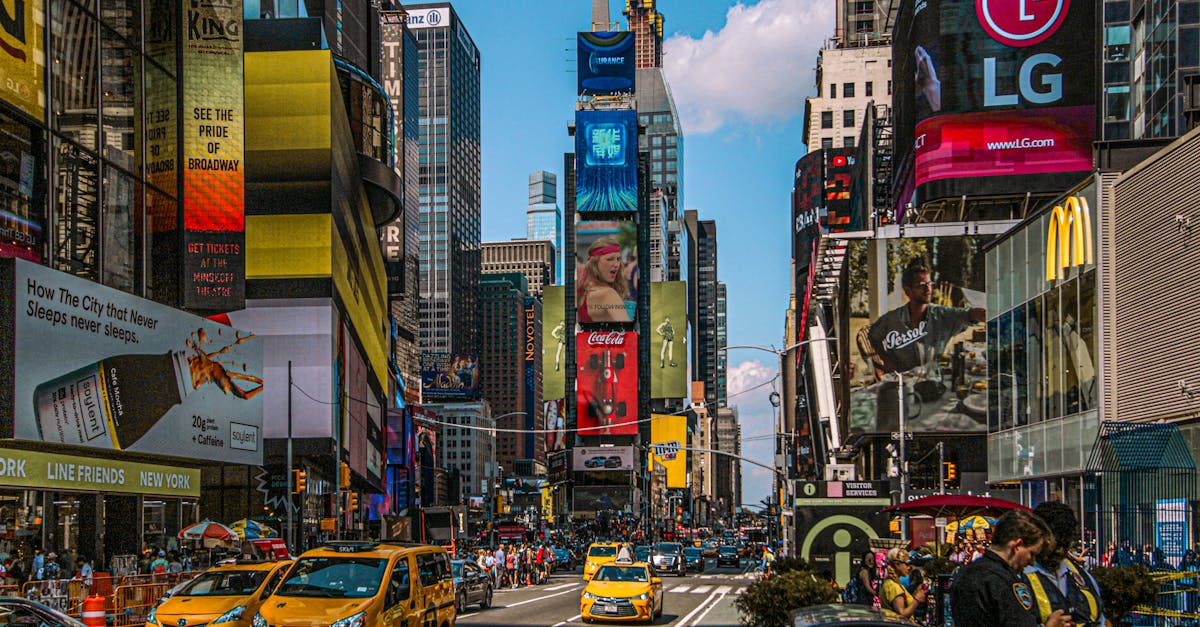The Rise of Smart Cities Technology Shaping Urban Life
Introduction
The rapid rise of technology has not only changed our personal lives but has also reshaped the very cities we inhabit. The emergence of smart cities across the globe is a testament to how technology is redefining urban living in the 21st century. But what exactly are smart cities, and how do they promise to alter the urban landscape? From energy-efficient buildings to interconnected public services, smart cities aim to improve the quality of urban life through cutting-edge technology. Discussions around this paradigm shift often cite the potential benefits such as enhanced sustainability and improved citizen engagement. However, challenges like data privacy and the digital divide also loom large in this transition.
Advertisement
What Makes a City Smart?
At the heart of any smart city is the integration of information and communication technology (ICT) in urban administration. This involves leveraging digital technologies to optimize the efficiency of city operations and services. From smart traffic lights reducing congestion to automated waste collection systems enhancing cleanliness, these innovations aim to enhance urban living standards. But it's not just about deploying technology; it's about creating an ecosystem where data is shared and utilized effectively across various sectors. The Internet of Things (IoT) plays a pivotal role, connecting devices and systems for better decision-making.

Following NYC/Pexels
Advertisement
Sustainability at its Core
Smart cities are often synonymous with sustainability, aiming to address the pressing need for eco-friendly initiatives. With global urban populations on the rise, there's a growing demand for strategies that minimize environmental impact. Innovations like smart grids contribute significantly, optimizing energy distribution to reduce waste. Meanwhile, buildings equipped with intelligent systems manage energy use, resulting in lower emissions and costs. Urban planners in smart cities prioritize green spaces and rely on technology to monitor and maintain the ecological balance.
Advertisement
Enhancing Mobility and Transportation
Transportation in smart cities is a seamless blend of efficiency, accessibility, and sustainability. Smart transportation systems use real-time data to optimize traffic flow, easing congestion and reducing commute times. The integration of electric and autonomous vehicles is also on the rise, promoting cleaner modes of transport. Public transit systems, enhanced by smart ticketing and predictive scheduling, offer more reliable and convenient services to commuters. These advancements not only improve urban mobility but also significantly cut down on carbon emissions.
Advertisement
Citizen Engagement and Public Services
The success of smart cities is inherently tied to the active engagement of its citizens. Through digital platforms, citizens can voice concerns, provide feedback, and stay informed about municipal activities. Governments are leveraging smart technologies to deliver services more effectively, from e-health solutions to digital governance platforms. This transparency fosters trust and encourages a collaborative community spirit, where citizens are partners in shaping the urban environment. Enhanced surveillance and security systems also assure safety, albeit raising discussions on privacy.
Advertisement
Economic Impact and Innovation
Smart cities are beacons of innovation, attracting investments and fostering economic growth. Tech hubs sprouting in these urban centers spawn start-ups and lure tech giants, resulting in job creation and economic vitality. The integration of smart solutions across various sectors also leads to increased efficiency and reduced operational costs. Economic incentives often drive cities to adopt smart technologies, seeing them as a path to global competitiveness. However, ensuring equitable growth and avoiding social disparity remains a critical concern.
Advertisement
Challenges in Implementation
Despite their promises, smart cities are not free from challenges. Chief among them is the issue of data privacy, as the collection and usage of vast amounts of data raise ethical concerns. Cybersecurity is another significant challenge, with the potential vulnerability of interconnected systems. The digital divide highlights disparities, with some citizens benefitting more from technological advancements than others. Implementing smart city solutions requires substantial investments, demanding a balance between cost and long-term benefits. Public acceptance and adaptability also play crucial roles in overcoming these hurdles.
Advertisement
Global Examples of Smart Cities
Cities worldwide are embracing the concept of being "smart" at varying paces and scales. Singapore, renowned for its "Smart Nation" initiative, focuses on data-driven solutions to improve urban living. Barcelona's commitment to technology has enhanced its transportation, waste management, and energy sectors. Meanwhile, Amsterdam's smart projects emphasize sustainability, mobility, and innovation. Even developing nations are getting on board; Curitiba in Brazil exemplifies smart urban planning tailored to local needs and resources.
Advertisement
The Future of Urbanization
The journey towards smarter cities is constantly evolving, driven by advancements in artificial intelligence, 5G, and big data. The future may see enhanced participatory governance, where citizen-generated data guides city planning. Interoperability between different technologies will lead to more cohesive urban systems. Collaborations across sectors and international borders will promote sharing of best practices. As urban challenges grow more complex, smart solutions will become even more integral. Cities that leverage these advancements sustainably and inclusively will thrive.
Advertisement
Conclusion
The rise of smart cities marks a pivotal shift in how urban areas are envisioned and managed. By combining technology and human-centric designs, they promise enhanced sustainability, mobility, and citizen engagement. Yet, challenges such as privacy, inclusivity, and equitable growth remain pertinent. As technology continues to evolve, so must our strategies to address these issues effectively. The exciting, albeit challenging voyage towards smarter cityscapes offers a glimpse into a future where urban life is not only smarter but also more sustainable and inclusive.
Advertisement

